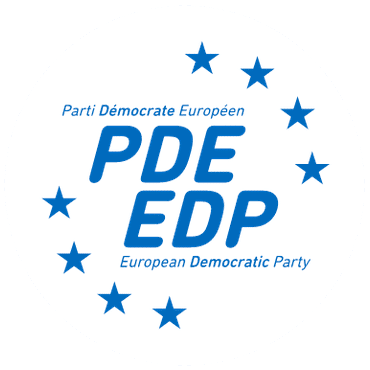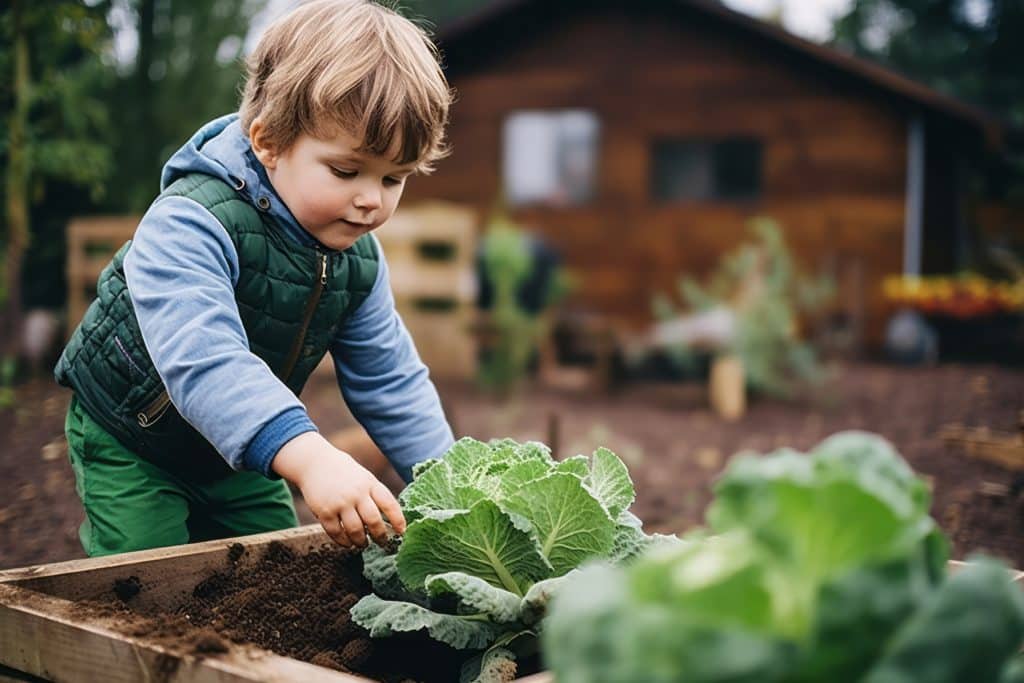
FOOD SOVEREIGNTY
SUSTAINABLE AGRICULTURE AND RESPONSIBLE FISHING

Our priority is finding the right balance between food production and preserving our natural environment, both on land and at sea. We are convinced that these two objectives are interdependent and that we can effectively meet pressing economic and environmental needs by aligning sustainable food production with nature conservation.
We want to adopt an efficient and environmentally friendly agricultural model that is capable of coping with the challenges of climate change and biodiversity loss while guaranteeing the interests of farmers, consumers and rural communities.
To achieve this goal, we propose significant public and private investment in areas such as innovation, digitisation, education and training. We will ensure that these investments, which are cornerstones for strengthening the competitiveness and sustainability of the sector, prosper and guarantee decent living conditions for agriculture and fisheries professionals, as well as a future for the generations to come.
But, in order to preserve our most precious resource, water, we will strengthen the Union’s policies by establishing sustainable and effective management. We will promote water-efficient agricultural practices, investment in modern irrigation infrastructure, and establish regulatory mechanisms to avoid waste or depletion of water resources. Proper water management will be a major asset for food security in Europe.
We are determined to embrace digitisation and innovation as the pillars of modern and sustainable agriculture. By supporting the development of advanced agricultural technologies such as precision farming, the use of sensors, artificial intelligence and robotics, we aspire to increase the efficiency of farms and reduce their carbon footprint. This approach will help optimise resources and improve productivity while strengthening farmers’ position in the value chain.
We will pay particular attention to fisheries and aquaculture, recognising their fundamental role in food security. We firmly believe that the Common Fisheries Policy plays a key role in ensuring the sustainability of this sector. While highlighting the conservation efforts made over the last decade, we will stress the need to restore the balance between environmental imperatives and the economic and social needs of the sector.
Last but not least, traceability, transparency and a guarantee of the origin and food production methods will be essential pillars of our approach. We are committed to ensuring that consumers can be accurately informed about how food is produced in accordance with the environment and animal welfare.

Prioriterede handlinger
WATER
- Strengthen EU water policies for sustainable and effective management.
- Promote water-efficient agricultural practices.
- Invest in modern irrigation infrastructure.
- Implement regulatory mechanisms to prevent water waste and depletion.
- Contribute to food security.
- Guarantee adequate supplies for agriculture.
- Preserve the environment and water quality.
AGRICULTURE
- Support advanced agricultural technologies such as precision farming, sensors, artificial intelligence and robotics.
- Improve the efficiency of farms.
- Reduce our carbon footprint.
- Optimise the use of resources through digitisation and innovation.
- Create new opportunities for farmers and encourage generational change by considering rural land as a strategic asset and promoting access to land for new farmers.
- Strengthen the position of farmers in the value chain.
- Ensure the resilience of the European food system.
- Take into account local and regional needs.
- Protect soil, animals and biodiversity.
- Reduce food waste.
- Support resilient supply chains and competitive SMEs in rural areas.
FISHING
- Advocate for increased digitisation and traceability of fisheries products.
- Protect the quality of products.
- Ensure fair competition.
- Strengthen sustainable fisheries partnership agreements with third countries.
- Support the external dimension of the Common Fisheries Policy.
- Promote the European fleet’s leadership in sustainability with technical and financial support for decarbonisation, digitisation, improved living conditions and regulatory compliance.
- Align the decarbonisation objectives of the Green Deal with the Fisheries and Aquaculture Fund.
- Adapt the Common Fisheries Policy through regionalisation and co-management.
- Prioritise the promotion of sustainable aquaculture and alternative food sources, such as seaweed farming.
- Implement strict controls to prevent the import of unsustainable seafood products.
- Recognise the importance of coastal communities.
- Promote income diversification through environmentally friendly businesses.
- Advocate for the appointment of a specific Commissioner for Fisheries, in line with the importance of the Common Fisheries Policy.
